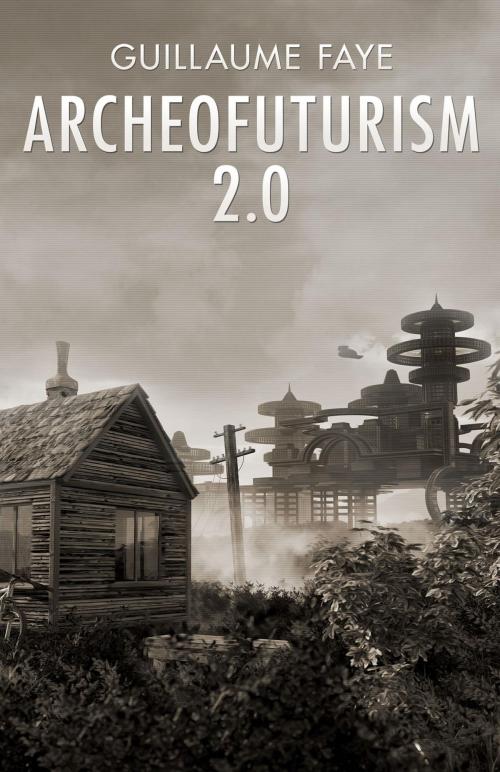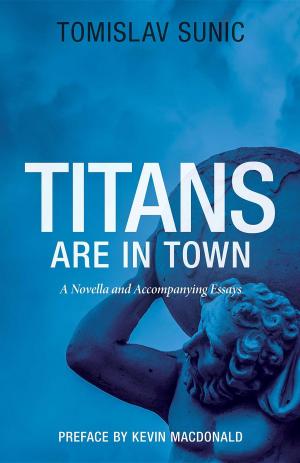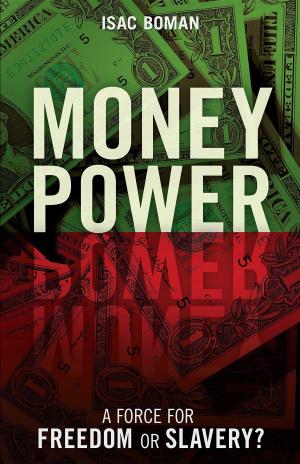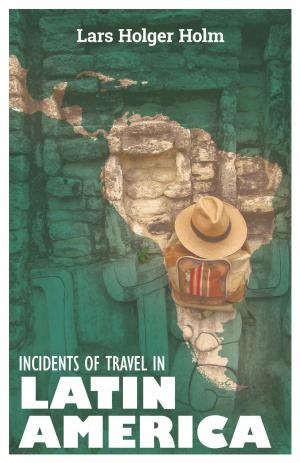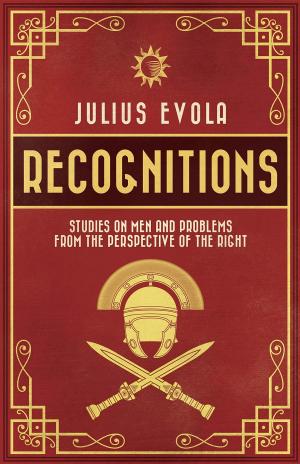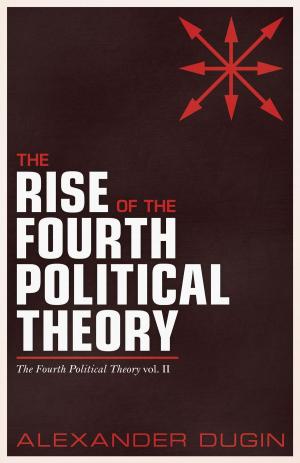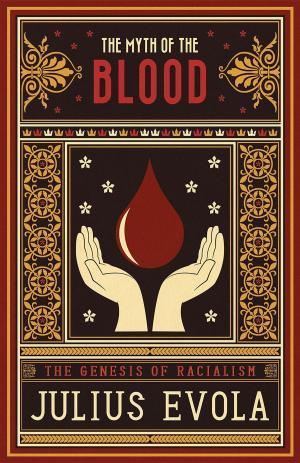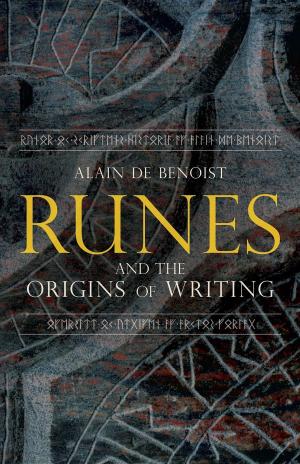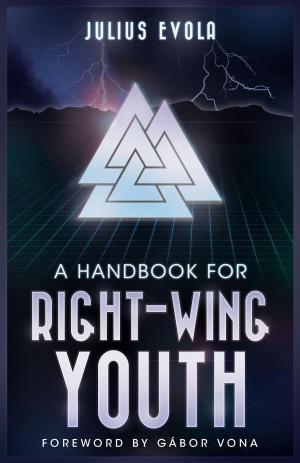Archeofuturism 2.0
Nonfiction, Social & Cultural Studies, Political Science, Science Fiction & Fantasy, Science Fiction| Author: | Guillaume Faye | ISBN: | 9781910524947 |
| Publisher: | Arktos Media Ltd. | Publication: | March 14, 2017 |
| Imprint: | Arktos Media Ltd. | Language: | English |
| Author: | Guillaume Faye |
| ISBN: | 9781910524947 |
| Publisher: | Arktos Media Ltd. |
| Publication: | March 14, 2017 |
| Imprint: | Arktos Media Ltd. |
| Language: | English |
In Archeofuturism, which became a cult classic in some circles, Guillaume Faye stipulated that the twenty-first century would not develop in line with the forecasts. We will soon live through — and it is already beginning — an explosive return of the archaic which will give the future the face of a dream — or of a nightmare, depending on one’s perspective.
In this book, Faye presents his ideas in the form of a series of eleven stories showing the trajectory of Western civilisation: they begin in the summer of 1914, and they end long after your death.
Archeofuturism 2.0 is a thrilling work of science fiction that will haunt your dreams and awaken your unspoken desires.
‘June, 1914. Europe is at the height of her power, and summer enters proudly, ready to shine with all her fire. It’s the final summer of the Belle Epoque; the last beautiful days before the iron hurricane. And although international tensions continually unnerve the public mind, in high society, everyone is serene: this crisis will surely blow over like the rest, like the one in 1910, won’t it? The Kaiser will never go for war. He’s not mad!’
—Episode One: A Little Game of Fortune-Telling
‘To the men of the future: My name is Jeanne Riquetout and I am witness to the very rapid end of a civilisation that was born thousands of years ago. This civilisation slowly expanded to cover nearly all of the Earth, which was populated by eight billion people.’
—Episode Two: Apollo Will Return
‘The embers which had smouldered for a time in the far east and California, like exhausted fireflies, blinked out in turn. A fire never springs up again in the same hearth, and old firebrands always die. A new fire must be kindled. But that takes time . . . a great deal of time.’
—Episode Six: The Republic of Flanders: The Last Fires
‘They must have, during the brief period of their existence, dominated the Earth; their civilisation, like an ephemeral comet, was brilliant. One thing is certain: they were related to the monkeys, who still exist, in the jungles in the south of your Empire. They must therefore have descended from an ancestor held in common with the monkeys, who for their part failed to evolve.’
—Episode Eleven: The Lost Species
In Archeofuturism, which became a cult classic in some circles, Guillaume Faye stipulated that the twenty-first century would not develop in line with the forecasts. We will soon live through — and it is already beginning — an explosive return of the archaic which will give the future the face of a dream — or of a nightmare, depending on one’s perspective.
In this book, Faye presents his ideas in the form of a series of eleven stories showing the trajectory of Western civilisation: they begin in the summer of 1914, and they end long after your death.
Archeofuturism 2.0 is a thrilling work of science fiction that will haunt your dreams and awaken your unspoken desires.
‘June, 1914. Europe is at the height of her power, and summer enters proudly, ready to shine with all her fire. It’s the final summer of the Belle Epoque; the last beautiful days before the iron hurricane. And although international tensions continually unnerve the public mind, in high society, everyone is serene: this crisis will surely blow over like the rest, like the one in 1910, won’t it? The Kaiser will never go for war. He’s not mad!’
—Episode One: A Little Game of Fortune-Telling
‘To the men of the future: My name is Jeanne Riquetout and I am witness to the very rapid end of a civilisation that was born thousands of years ago. This civilisation slowly expanded to cover nearly all of the Earth, which was populated by eight billion people.’
—Episode Two: Apollo Will Return
‘The embers which had smouldered for a time in the far east and California, like exhausted fireflies, blinked out in turn. A fire never springs up again in the same hearth, and old firebrands always die. A new fire must be kindled. But that takes time . . . a great deal of time.’
—Episode Six: The Republic of Flanders: The Last Fires
‘They must have, during the brief period of their existence, dominated the Earth; their civilisation, like an ephemeral comet, was brilliant. One thing is certain: they were related to the monkeys, who still exist, in the jungles in the south of your Empire. They must therefore have descended from an ancestor held in common with the monkeys, who for their part failed to evolve.’
—Episode Eleven: The Lost Species
